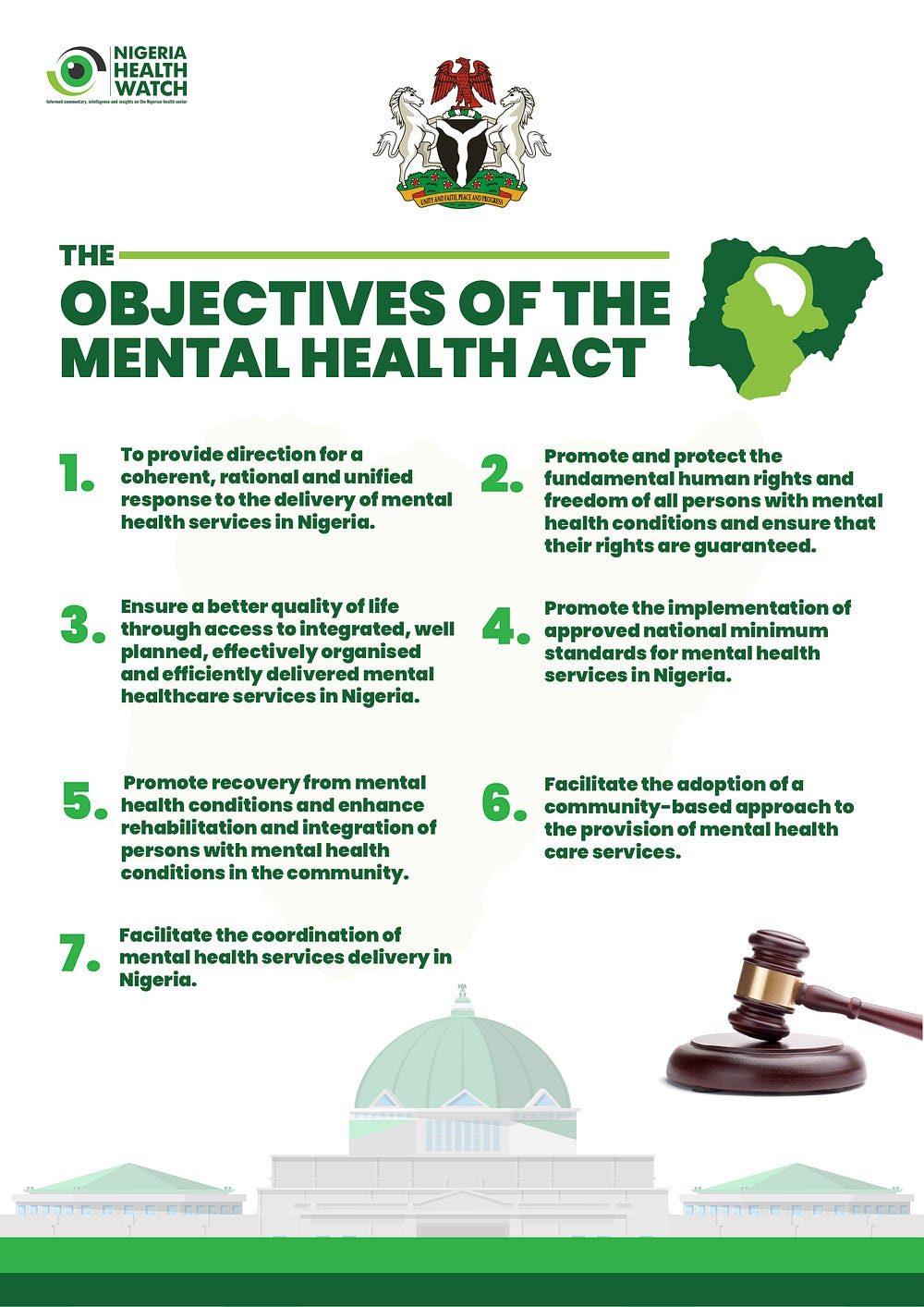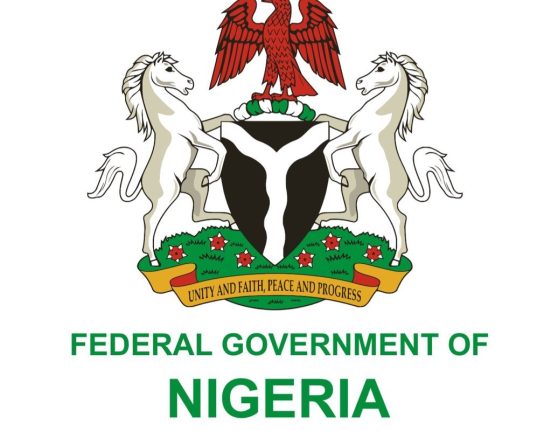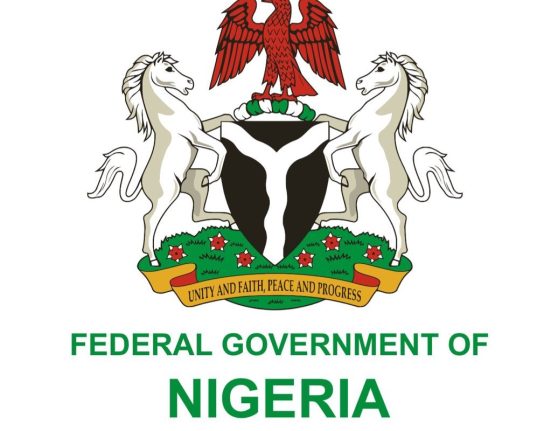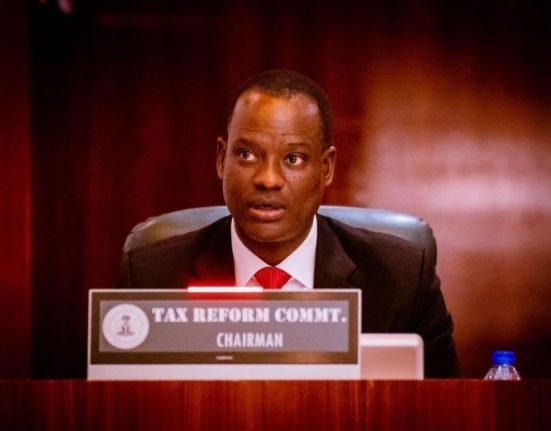ABUJA — Medical professionals, legal experts, and mental health advocates have called on the Federal Government to expedite the implementation of the National Mental Health Act, warning that continued delays threaten to undermine efforts to address Nigeria’s growing mental health crisis.
The Act, signed into law in January 2023 by former President Muhammadu Buhari, was heralded as a milestone achievement in Nigeria’s health policy framework. It replaced the colonial-era Lunacy Act of 1958, setting out a comprehensive legal and institutional structure for the care, protection, and rights of persons living with mental health conditions.
However, nearly two years after its enactment, stakeholders say that the Act remains largely unimplemented. Key institutional structures, including the Department of Mental Health Services within the Federal Ministry of Health and the Mental Health Assessment Committee, have yet to be established.
At a stakeholders’ colloquium held in Abuja over the weekend, experts expressed frustration over the slow pace of action. Dr. Tunde Agboola, a consultant psychiatrist and mental health advocate, warned that the cost of inaction could be dire.
“This Act was designed to reposition Nigeria’s mental health landscape, but without implementation, it’s merely a document,” Agboola said. “We are dealing with an escalating mental health burden — depression, substance use, and suicide rates are rising — yet our institutions remain ill-equipped to respond.”
He noted that mental disorders are now among the leading causes of disability in Nigeria, with significant implications for national productivity and economic growth.
“An unhealthy population is a drag on the economy. A mentally unwell workforce cannot drive development,” he added.
The Civil Society for Mental Health Reform, an advocacy group, also issued a communiqué urging the Federal Ministry of Health to constitute the required committees and allocate budgetary resources for the operationalization of the Act.
According to the Act, mental health responsibilities are shared across federal, state, and local government levels, with emphasis on patient rights, access to care, and the regulation of mental health facilities and practitioners.
Barr. Ifeoma Okonkwo, a human rights lawyer who contributed to the legislative drafting of the Act, stressed the importance of legal safeguards.
“Mental health patients deserve protection under the law just like any other citizen. The current delay undermines their rights and perpetuates stigma,” she said.
So far, the Federal Ministry of Health has not issued an official response to the calls for implementation, though sources say interdepartmental consultations are ongoing.
Stakeholders warn that unless concrete steps are taken soon, the National Mental Health Act risks becoming another unfulfilled promise in the country’s health reform agenda.







